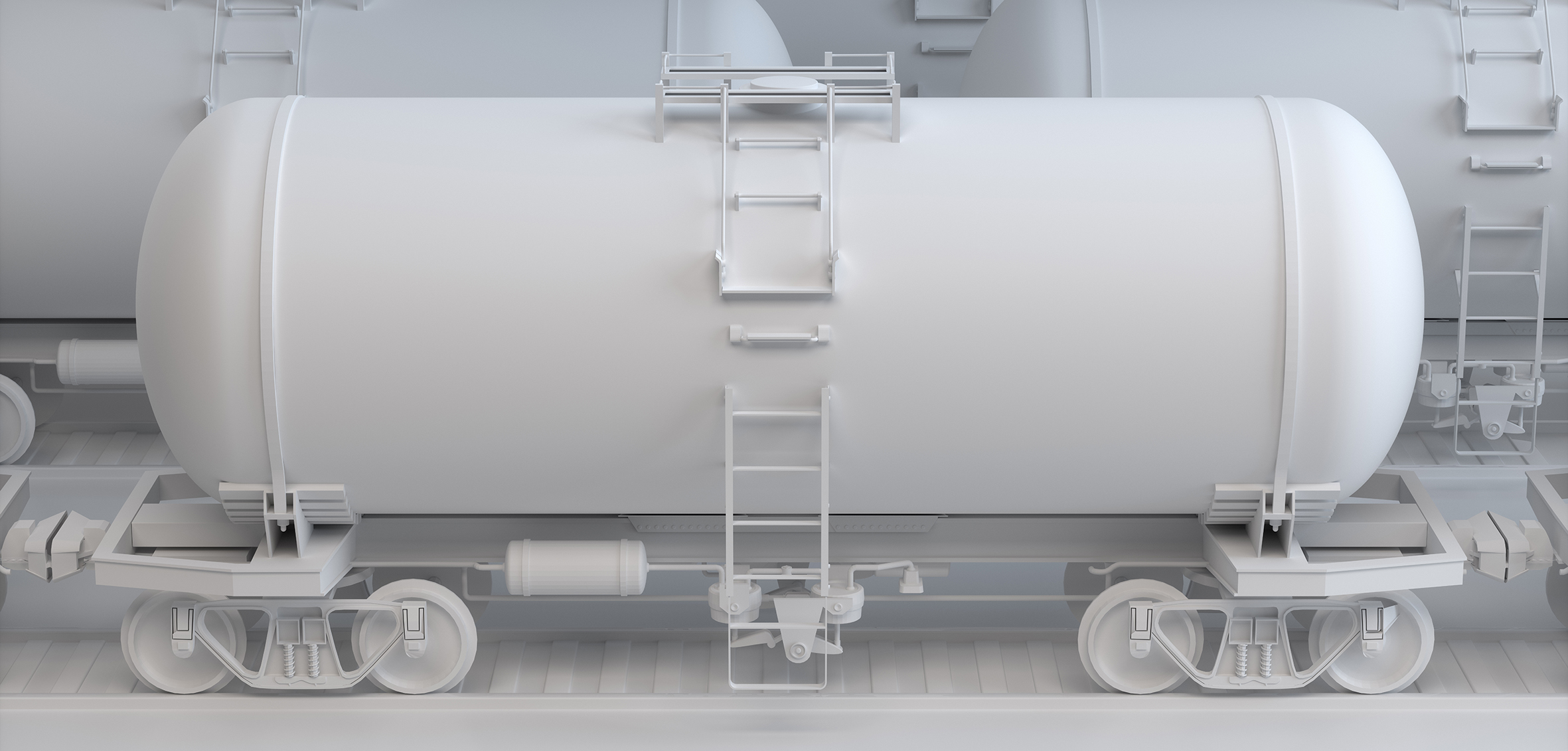Choosing the right industrial tank is a crucial decision that can significantly impact the efficiency and productivity of various industrial processes. Whether for storage, processing, or transportation of liquids, gases, or solids, selecting the appropriate tank requires careful consideration of several factors.
This article aims to guide you through the key aspects to look for when selecting an industrial tank, helping you make an informed decision that aligns with your requirements and industry needs.
Choosing the right industrial tank is a crucial decision that can significantly impact the efficiency and productivity of various industrial processes. Whether for storage, processing, or transportation of liquids, gases, or solids, selecting the appropriate tank requires careful consideration of several factors. This article aims to guide you through the key aspects to look for when selecting an industrial tank, helping you make an informed decision that aligns with your requirements and industry needs.
Material
The choice of industrial tank material depends on the substance’s nature to be stored or processed. Common materials include stainless steel, carbon steel, fibreglass, and polyethylene. Each material has different properties, such as corrosion resistance, strength, and durability, so selecting the one that suits your application is essential.
Capacity
Determining the required capacity of an industrial tank is crucial to ensure it can accommodate the desired quantity of material. Consider factors such as production volume, storage needs, and future expansion plans. It’s important to strike a balance between having enough capacity to meet current and future requirements without overinvesting in excessively large tanks.
Design and Configuration
The design and configuration of an industrial tank depend on factors such as available space, process requirements, and ease of installation. Tanks can be vertical, horizontal, cylindrical, rectangular, or speciality shapes.
Consider your facility’s layout and your process’s specific needs to determine the most suitable design. Additionally, assess features like access points, ports, fittings, and reinforcements necessary for your application, ensuring easy maintenance and efficient operation.
Environmental Factors
 Environmental conditions play a significant role in selecting an appropriate industrial tank. Factors such as temperature, humidity, exposure to corrosive substances, seismic activity, and wind loads can influence the choice of tank materials, coatings, and construction methods. For example, if the tank is exposed to extreme temperatures, materials with good thermal insulation properties may be required.
Environmental conditions play a significant role in selecting an appropriate industrial tank. Factors such as temperature, humidity, exposure to corrosive substances, seismic activity, and wind loads can influence the choice of tank materials, coatings, and construction methods. For example, if the tank is exposed to extreme temperatures, materials with good thermal insulation properties may be required.
Regulatory Compliance
Ensuring regulatory compliance is crucial when choosing an industrial tank. Different industries have specific standards, regulations, and codes that govern tank design, construction, and operation.
Compliance with safety regulations, environmental guidelines, and industry-specific requirements is necessary to avoid legal or operational issues. Familiarize yourself with the relevant regulations and ensure your chosen tank meets those requirements.
Maintenance and Cleaning
Consider the ease of maintenance and cleaning when selecting an industrial tank. Tanks designed with inspection hatches, easy-to-clean surfaces, and appropriate access points simplify routine maintenance and sanitation procedures. Easy access to internal components and effective cleaning methods contribute to the longevity and efficient operation of the tank.
Tank Manufacturer Reputation
Choosing a reliable and reputable tank manufacturer is crucial to ensure the industrial tank’s quality, performance, and support. Research different manufacturers, read customer reviews, and consider their experience in the industry. It helps you know what you are getting yourself into beforehand.
Evaluate their warranty policies, after-sales services, and availability of spare parts. A reputable manufacturer will provide expertise, guidance, and support throughout the selection and installation. This works wonders, especially when you need instant help regarding the industrial tanks.
Conclusion
And there you have it! There is no one-size-fits all description of the perfect tank for your industrial purposes. Finding the right industrial tank requires a deep evaluation of various aspects. This ensures that the selected tank serves the intended purpose, safety, as well as the efficiency. By having your needs in mind, you can make an informed decision that aligns with your specific industrial needs.





